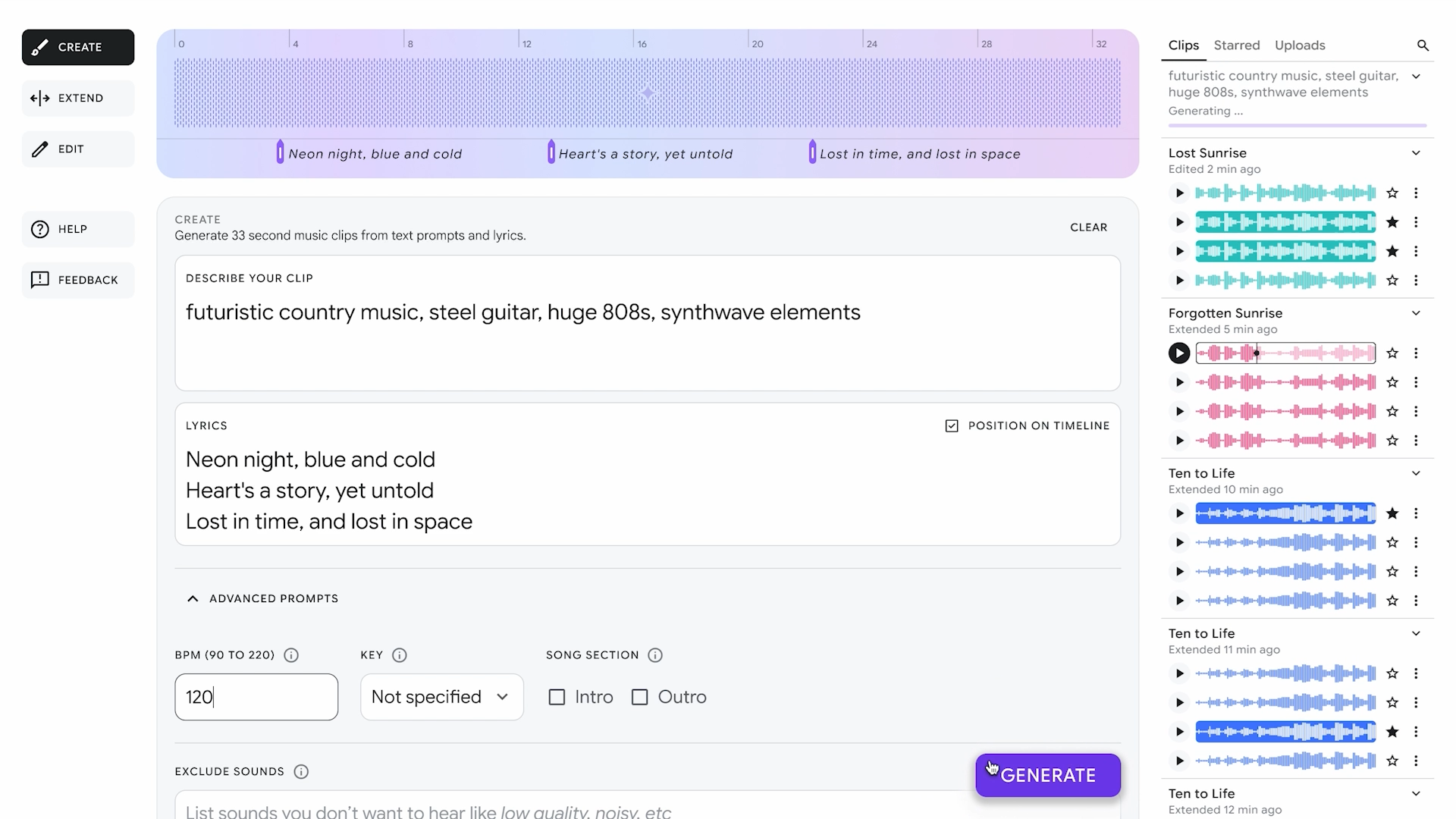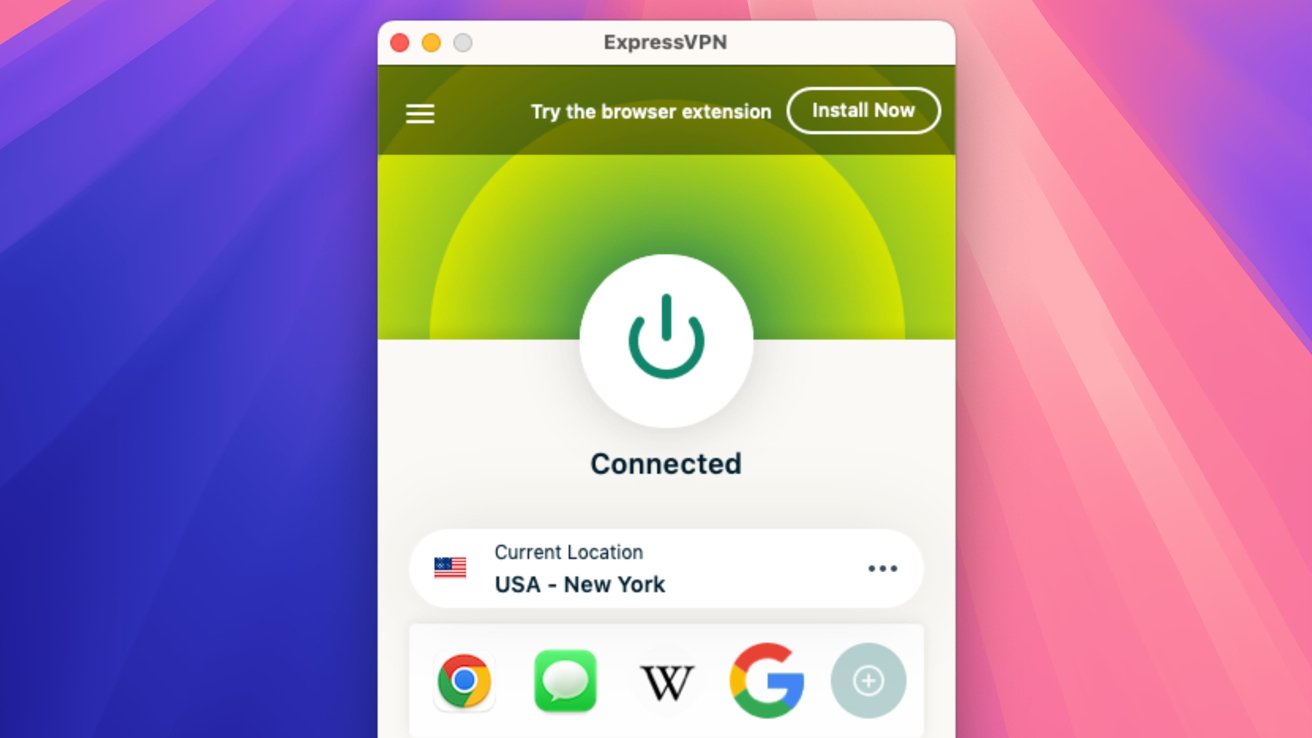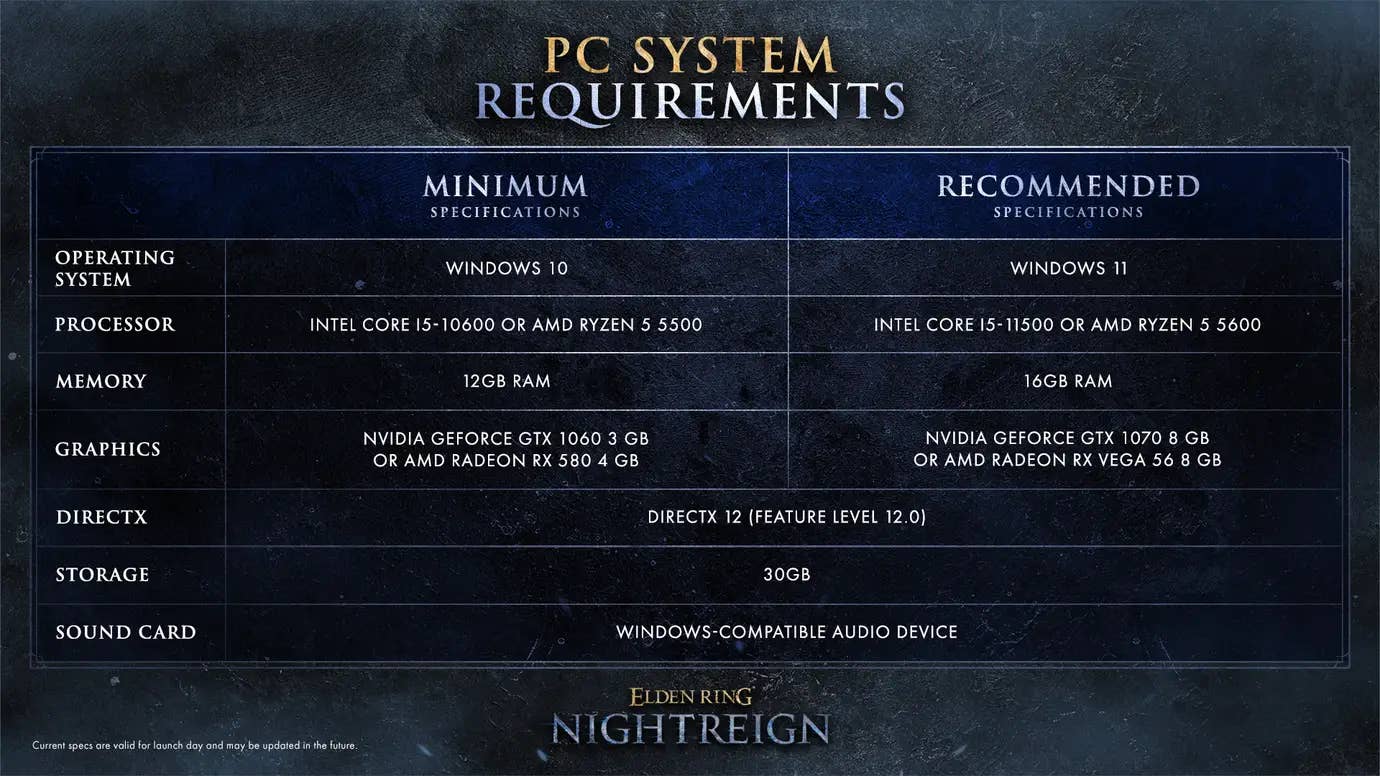Struggling to Land a Data Role in 2025? These 5 Tips Will Change That
Your dream data job isn’t ghosting you—you just need to search smart. The post Struggling to Land a Data Role in 2025? These 5 Tips Will Change That appeared first on Towards Data Science.

The way people find and apply to available roles has come a long way over the years. We have moved from periods of advertising openings on newspapers to a point where you can send out tens of applications with a few clicks of a button. Lots of technologies have made job ads more reachable, and recruiters can easily discover professionals online. In fact, some of the best times were when recruiters were the ones chasing candidates. Ah, the glory days!
The old methods of finding new opportunities thrived due to some enabling factors. There was abundance of opportunities in the tech industry due to the high rate of adoption. Lots of companies were willing to digitalize their business processes. There was shortage of people with the right skills for the fast growing tech industry. And to cap it all off, there wasn’t a tool as advanced as AI that could handle most mundane tasks. All these and a lot more factors made it easier to break into the tech industry. Fast forward to now, things have changed a lot and have gotten tougher for most newbies who are facing desperate times.
As the saying goes, desperate times calls for desperate measures. Standing out in a fierce market can make all the difference in landing you your next role. You can stand out based on your profile, work experiences, portfolio, skillset, etc. But in this article, I will show you how to stand out by making yourself more available to niche opportunities. These 5 tips will have you stand out and present yourself to more opportunities.
Boolean search
Advanced search techniques like the Boolean search can be used on job boards to find more refined roles based on your search queries. Boolean search uses keywords like “AND”, “OR” and “NOT” to limit search results. LinkedIn is a prime example of how much your search query can be made more specific. Instead of just using the LinkedIn Jobs tab, you can make a Boolean search on posts to discover LinkedIn posts from recruiters that are hiring.

The search query “data analyst” AND “hiring” AND “London” returns all LinkedIn posts containing these search terms. These posts are almost always recruiters looking to hire someone. This can be the quickest way to come across a job ad on LinkedIn. Boolean search is not exclusive to LinkedIn, and you can obtain such search techniques from many job websites.
Extended keywords search
The extended keywords search technique helps to search for job opportunities based on search terms other than the job title. Search terms that include tools, workflow names, potential project names, etc., can be used while searching for jobs online. Instead of just searching for “data analyst”, someone looking for a data analyst role can search for tools like “Power BI” or “Tableau” on an advertising website. This technique works because using a tool-based search method will produce results that match your skillset. Secondly, most companies have varying job titles that could mean the same thing in another company. Company ‘A’ can have an opening for a Business Analyst, but Company ‘B’ can decide to name the same role as Data Analyst or Product Analyst. The tools and responsibilities across these different roles can be the same. By focusing your search around those tools and other keywords, you can sidestep the confusion and unlock more relevant opportunities you might have otherwise missed.
Recommendations through networking
Recommendations is a well-known technique for getting your foot in the door when it comes to breaking into a new field. While recommendations work to a great extent, the person who gives the recommendation is as important. This is where networking comes in. Networking without a purpose will most likely be a short-lived contact. You can start to network with people solely for getting recommendations from them. So the next time you attend a
Cold-calling
Here me out, I know I said asking for a job is a big ask but cold-calling is not a bad idea, especially when done strategically. What’s the strategy? Thanks for asking. Cold-calling is a way to get yourself out there, to be seen more by companies and industry professionals. You can cold-call to enquire about available openings in a company and to demonstrate your skillset. You might be turned down in most cases, and that is totally fine. You can further request for an informational interview with the company just to evaluate yourself, irrespective of an available role. An informational interview can either make the company reconsider you for a role or it helps you prepare for subsequent interviews. Either way, you are coming out better. So look up that company you’ve been wanting to work for and give them a ring.
Nearby companies
Google map is an underrated tools when it comes to job search. Google map isn’t just a tool that helps you find your way to the nearest Tesco, it can also be used to identify and locate companies around you based on specific industries. Using the right search query Google map can help you identify companies from any industry near-by just by searching for the industry. You can search for “software companies near me” and this returns a map of all registered companies around you with their websites and email addresses. This is a good source for discovering companies you can easily visit in person.

You can reach out to the companies identified by Google map and check with these companies for available roles. You can also visit the company websites to know more about the company and if they are a right fit for you. You can also pay a visit to the company if it’s a short commute from where you are.
Conclusion
Breaking into the tech industry may be tougher than it once was, but it’s far from impossible. While the market is more competitive and roles are more demanding, creative and strategic job search methods can give you a significant edge. By utilising smart techniques like Boolean search, extended keyword searches, networking for strong recommendations, cold-calling, and exploring nearby companies using tools like Google Maps, you can expand your reach and visibility in the job market. It’s about working smarter, not just harder—adapting your approach can make all the difference in landing your next opportunity.
Thank You!
Enjoyed this article? Follow me to get notifications whenever I publish a new story. I will be publishing more articles in this space. Cheers!
The post Struggling to Land a Data Role in 2025? These 5 Tips Will Change That appeared first on Towards Data Science.


























![Apple Seeds Fourth Beta of iOS 18.5 to Developers [Update: Public Beta Available]](https://images.macrumors.com/t/uSxxRefnKz3z3MK1y_CnFxSg8Ak=/2500x/article-new/2025/04/iOS-18.5-Feature-Real-Mock.jpg)
![Apple Seeds Fourth Beta of macOS Sequoia 15.5 [Update: Public Beta Available]](https://images.macrumors.com/t/ne62qbjm_V5f4GG9UND3WyOAxE8=/2500x/article-new/2024/08/macOS-Sequoia-Night-Feature.jpg)










































![Apple Seeds watchOS 11.5 Beta 4 to Developers [Download]](https://www.iclarified.com/images/news/97147/97147/97147-640.jpg)
![Apple Seeds visionOS 2.5 Beta 4 to Developers [Download]](https://www.iclarified.com/images/news/97150/97150/97150-640.jpg)
![Apple Seeds tvOS 18.5 Beta 4 to Developers [Download]](https://www.iclarified.com/images/news/97153/97153/97153-640.jpg)
![Apple Releases macOS Sequoia 15.5 Beta 4 to Developers [Download]](https://www.iclarified.com/images/news/97155/97155/97155-640.jpg)







































































































_NicoElNino_Alamy.jpg?width=1280&auto=webp&quality=80&disable=upscale#)
_Muhammad_R._Fakhrurrozi_Alamy.jpg?width=1280&auto=webp&quality=80&disable=upscale#)
























































































































![[The AI Show Episode 144]: ChatGPT’s New Memory, Shopify CEO’s Leaked “AI First” Memo, Google Cloud Next Releases, o3 and o4-mini Coming Soon & Llama 4’s Rocky Launch](https://www.marketingaiinstitute.com/hubfs/ep%20144%20cover.png)



































































































































































































































































